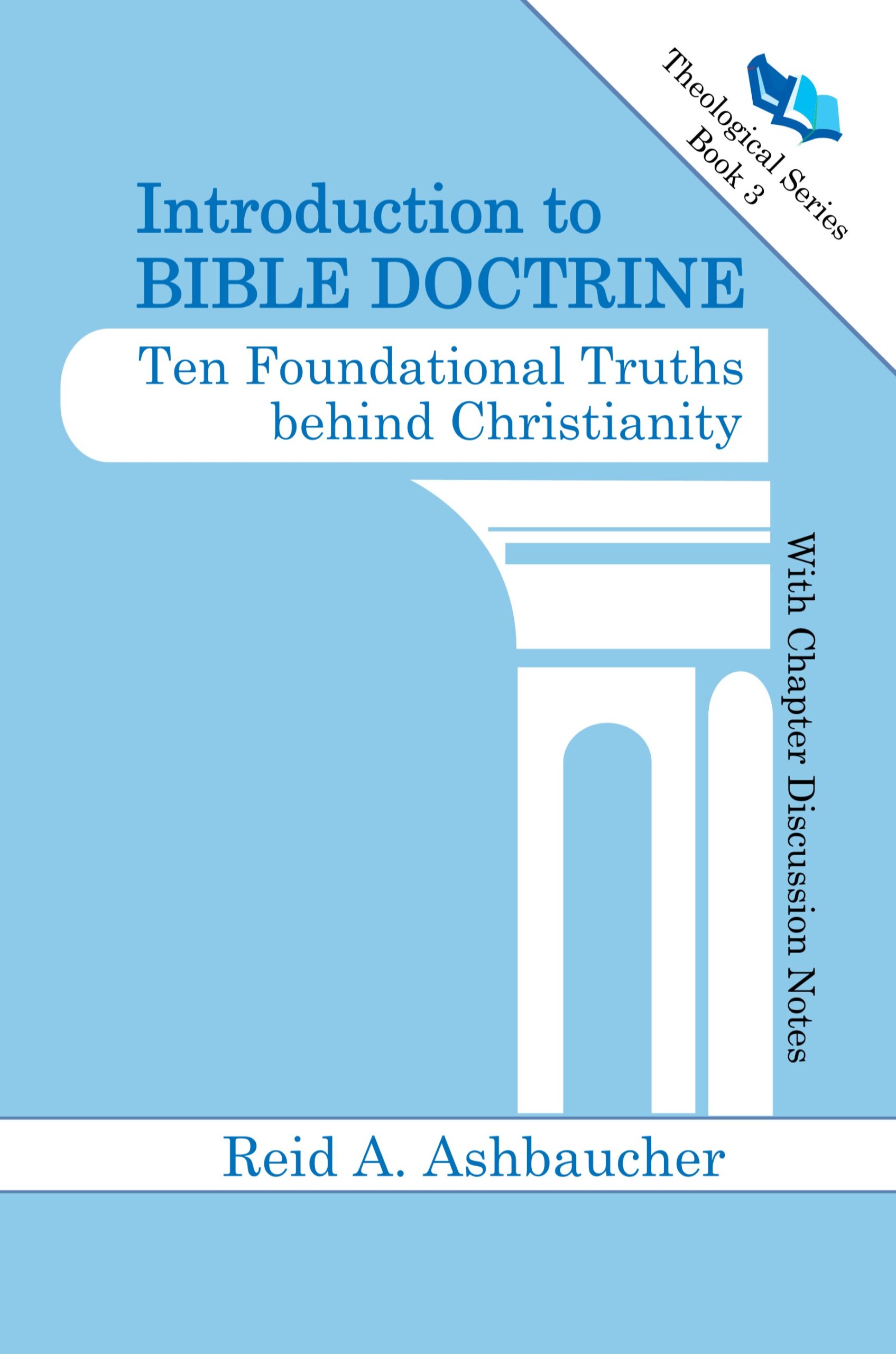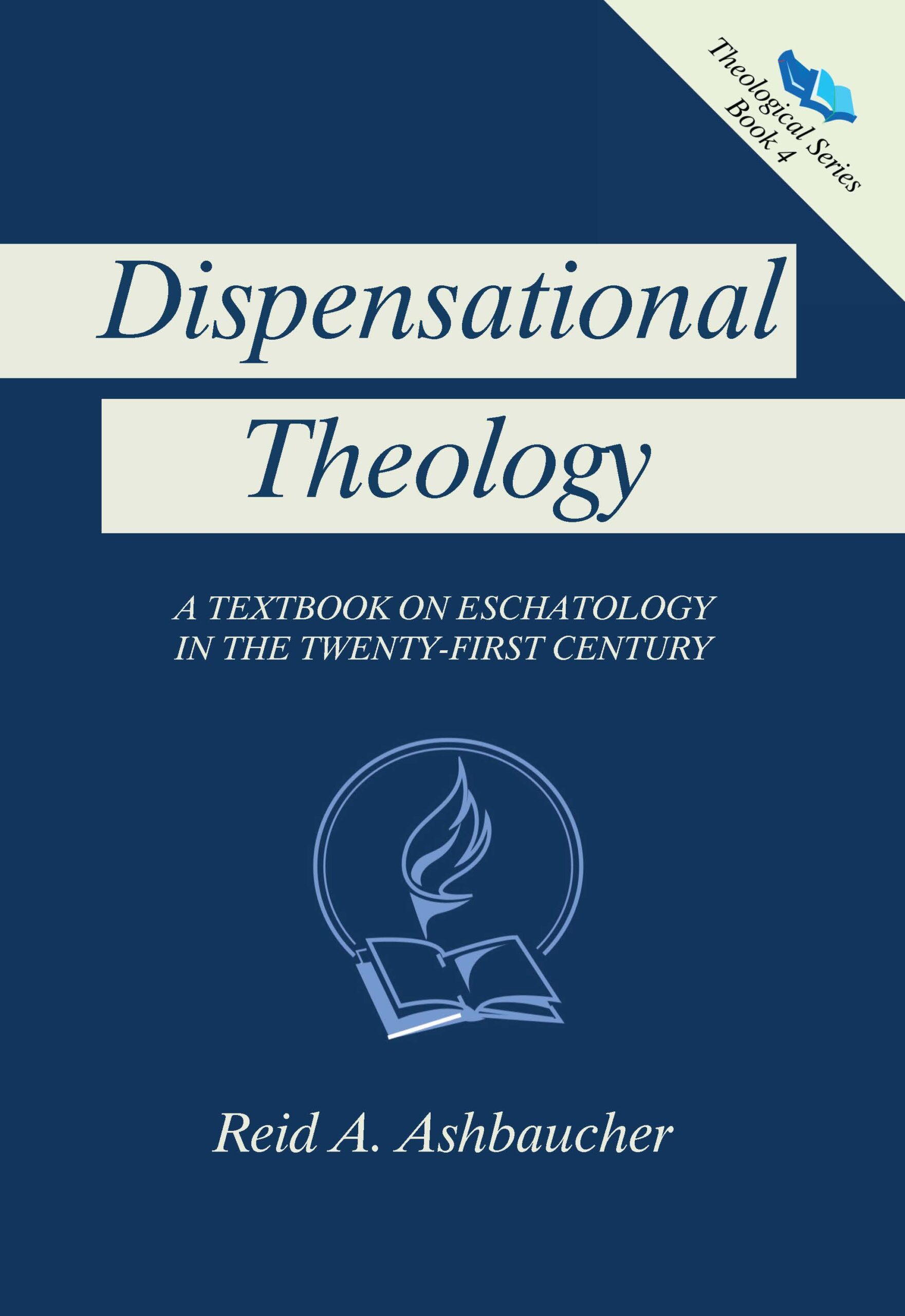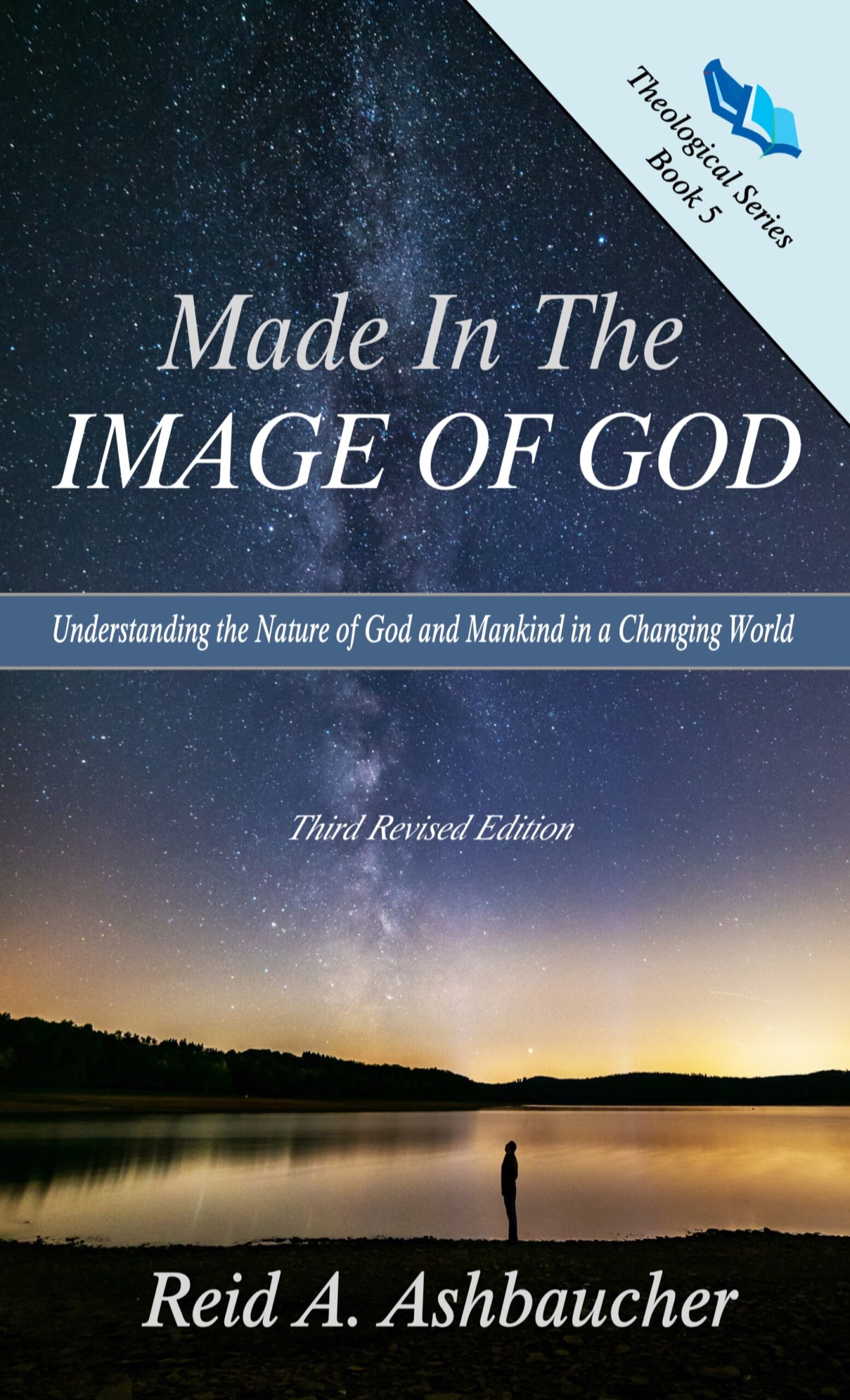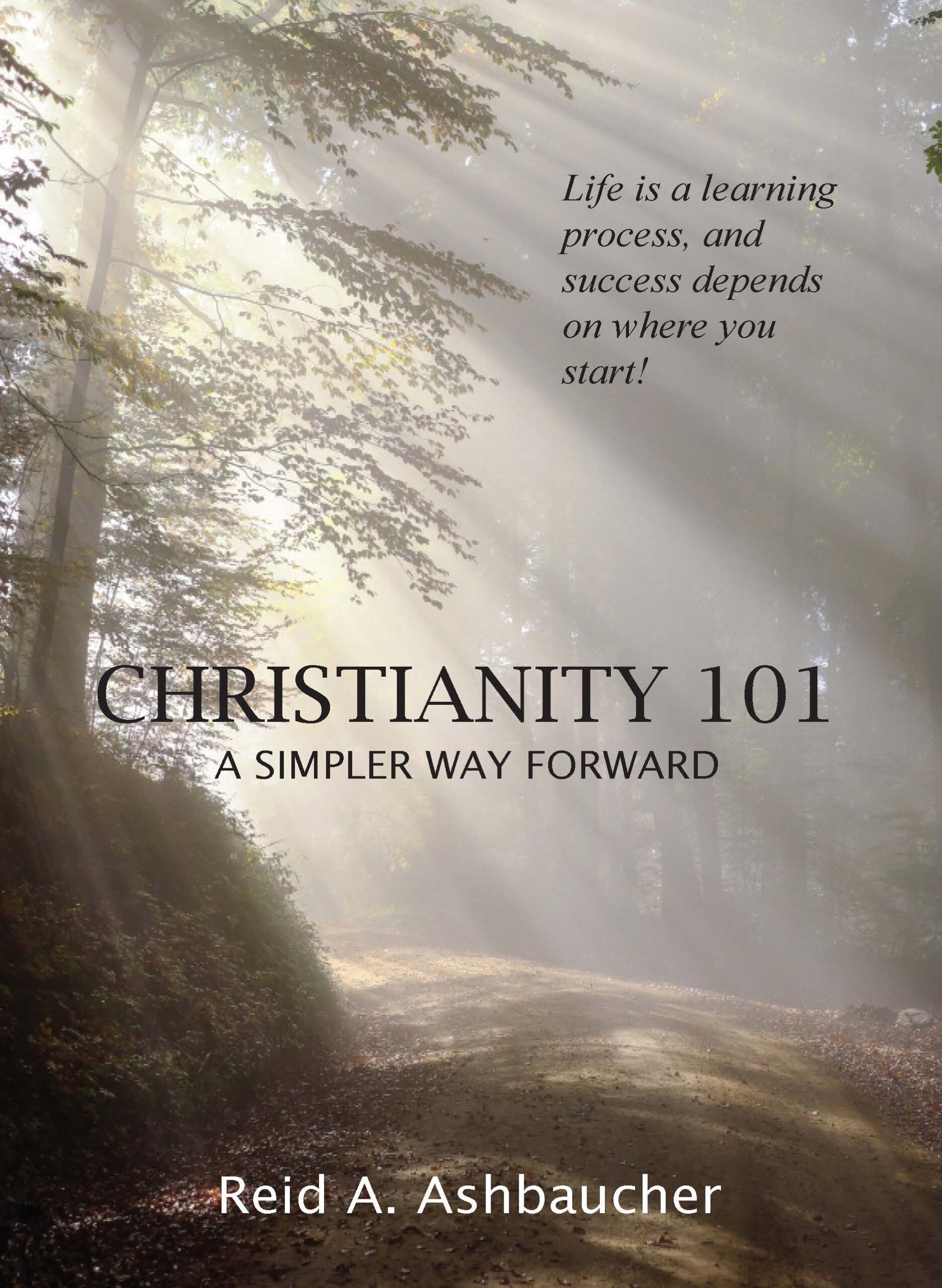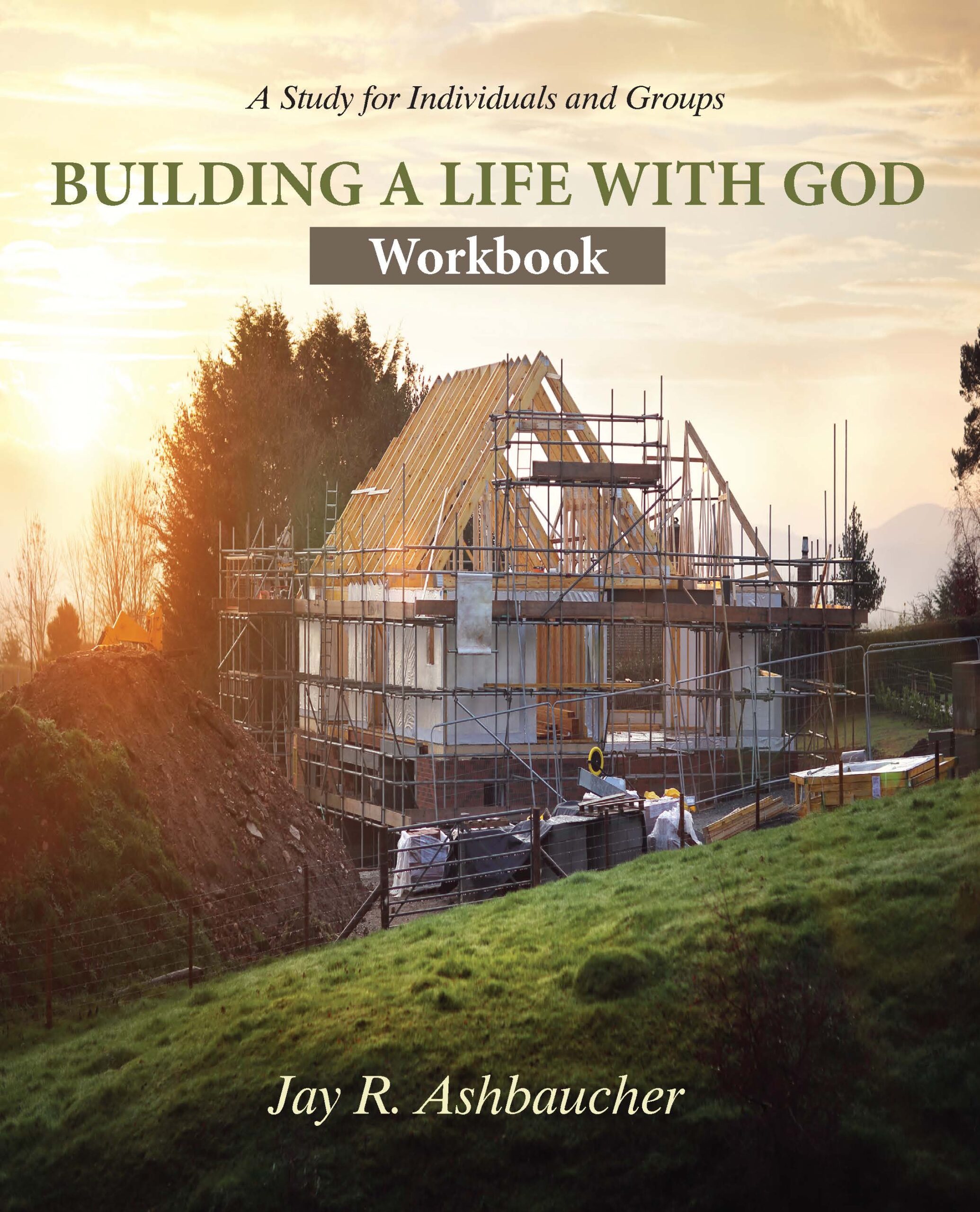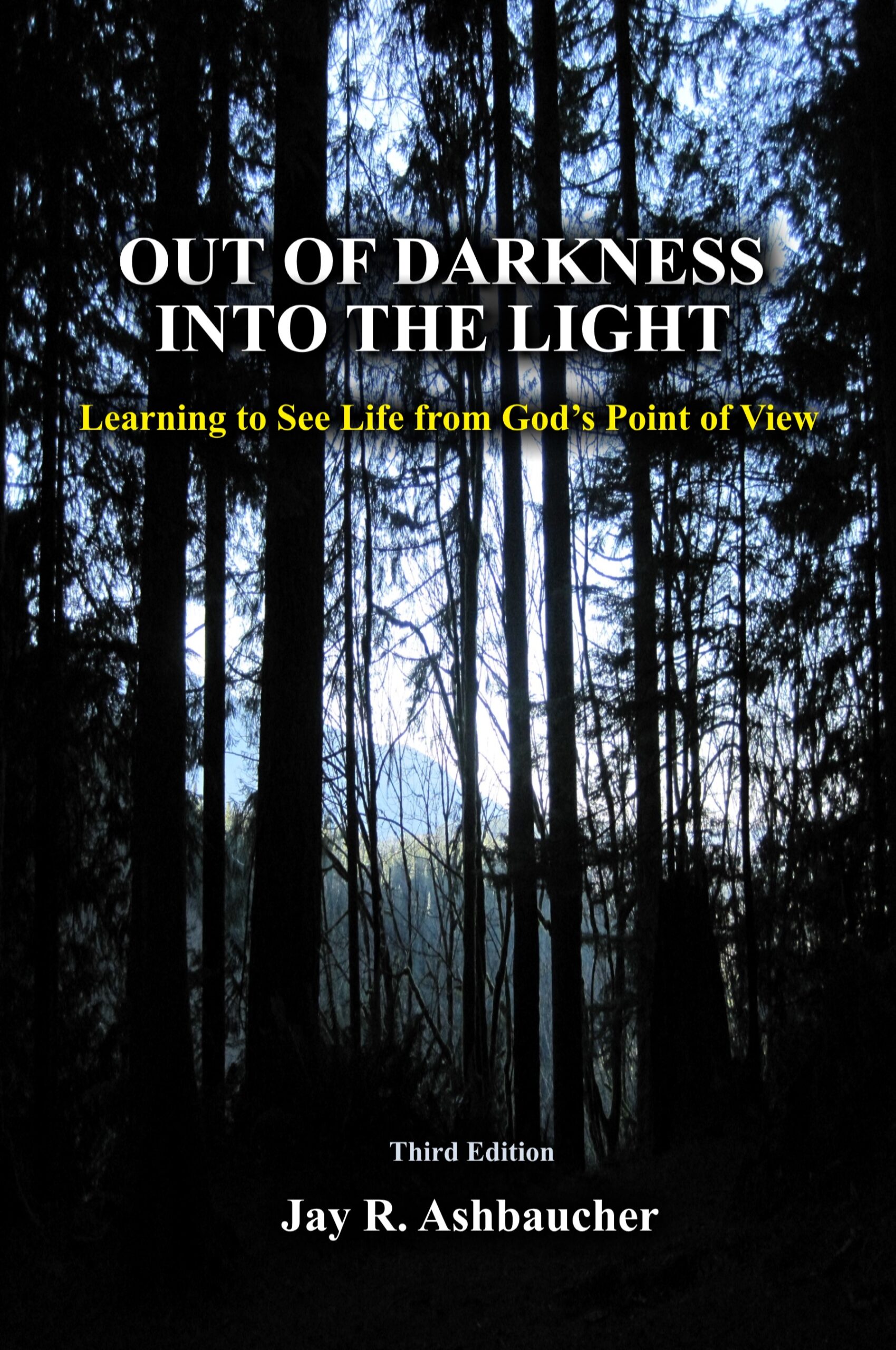Dispensational Theology: A Textbook on Eschatology in the Twenty-
First Century by Reid A. Ashbaucher. Toledo, OH: Reid Ashbaucher
Publications, 2019. 246 pp., paper, $21.99.
At the outset of Dispensational Theology, the author stated that the format of the book is an expansion of the syllabus for a two-semester 300 level course on dispensational theology developed by Temple Baptist Seminary (now part of Piedmont International University) (p. 7). The structure of the book is well organized and suitable for a classroom setting. The premise is to demonstrate the significance of eschatology in the twenty-first century from a dispensational viewpoint. In the introduction, the author stated, “Eschatology should not be disassociated from the subject of biblical hermeneutics, which allows for a better scriptural interpretation that provides the foundation to anyone’s theological perspective” (p. 15). From the very beginning, Ashbaucher impresses the reader with the significance of the study of eschatology.
In the opening chapter of the book, Ashbaucher gave the reader important definitions of terms used throughout the book. The first three chapters give a very detailed history of amillennialism, postmillennialism, and premillennialism respectively, discussing the leading scholars in support of each view, going into detail regarding the characteristics of these views and why scholars adhere to them. In chapter four, Ashbaucher spent some time giving the history of traditional dispensationalism, ultra (hyper) dispensationalism and progressive dispensationalism, and their respective views regarding premillennial theology. The history and explanation of each view are well thought and explained understandably.
As this is a book on dispensational eschatology it is appropriate to have a section covering the kingdom of God, which Ashbaucher addressed in chapter 5. While his view agrees with some, it does not agree with most dispensational scholars regarding when the kingdom will begin. The author made the following statement towards the end of the chapter: “The kingdom was proclaimed in the past, revealed, and partially fulfilled in the present, and will culminate in the future” (p. 103). Earlier in this short chapter, he made the statement that believers are in a spiritual form of the kingdom now. This view is in agreement with some great scholars, such as J. Dwight Pentecost and others. However, the majority dispensational view today is that the kingdom has not started, and is a future event that depends on Christ physically being on the planet sitting on David’s throne (Matt 25:31).
In the next two chapters, the author covers hermeneutics and the dispensations. He gave a very detailed overview of the literal, grammatical, historical method used in the dispensational understanding of Scripture. In his chapter on the dispensations, he rightly stated, “There are differing opinions on how many dispensations there are” (p. 126), and then he explained the commonly identified seven dispensations held by most dispensationalists. Ashbaucher, in chapter eight, referenced the covenants in the Old Testament and how they give ample evidence for premillennialism. Notably, in this chapter, he discussed the New Covenant in detail. He referenced the three different views: (1) that of John Darby, which states that the New Covenant is made with only Israel, and the church is only related to the blood of Christ which makes the covenant possible; (2) the view of Scofield, who says that the New Covenant contains two parts: the covenant is fulfilled in Israel in the future but the church is part of the covenant now in this age; and, (3) the position of Charles Ryrie, who claims that there are two distinct covenants, one for the church and one for Israel. The author adheres to the view of Scofield.
The title for chapter nine, “Evidence for Premillennialism in the New Testament Gospels,” is a bit misleading. Instead of the “New Testament Gospels,” a better title would have been, “Evidence for Premillennialism in the Gospel of Matthew,” as this chapter only provides an analysis of the book of Matthew, not all four Gospels. Even so, the author did a good job of giving a detailed analysis of Matthew, showing how it clearly proves premillennialism. Chapter ten begins the second section of the book. The author began with the distinction between Israel and the church, which is not typically taught in the church today. Ashbaucher stated, “The premillennial system of interpretation relies heavily on the understanding that the nation or people identified with Israel of the Old Testament are a separate entity or group from the New Testament Church established by Christ” (p. 160). The author did a great job of discussing why the church and Israel are distinct and why this is significant to the understanding of premillennialism.
Ashbaucher gave a brief overview of the Day of the Lord in chapter eleven; it is intended to be just that, an overview. In the remaining chapters of the book, the author covered the major prophetic events occurring in the future. Oddly enough the author put the chapter on the tribulation period before the chapter on the rapture of the church, but states that the church will be raptured before the tribulation. The author closed the book with a chapter on the millennium and the eternal state. Overall it is the opinion of this reviewer that Dispensational Theology: A Textbook on Eschatology in the Twenty-First Century would make a good textbook for a Sunday School class or possibly an introduction to eschatology. While there were a couple of small issues, it made for an easy read and it is certainly a book that could be understood by the average student of God’s Word.
— Justin Watkins. Dispensational Theology: A Textbook on Eschatology in the Twenty-First Century by Reid Ashbaucher. Journal of Dispensational Theology. 2019, vol. 23, no. 67, pp. 227-229. [ Republish permission granted by JODT ]


